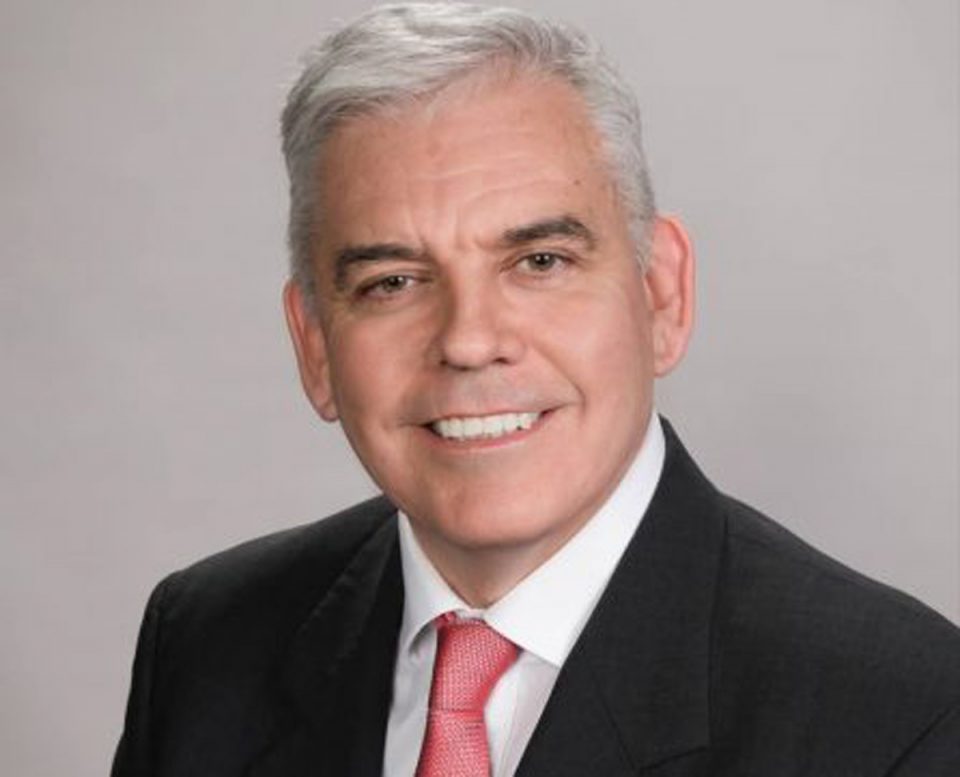Globally competitive fiscal policy, a robust legal framework and a healthy contract integrity culture has been identified as panacea and key drivers to profitability and attracting huge Investments in the
oil and gas sector.
This as ExxonMobil attributed its landmark achievements in the Nigerian oil and gas sector to the Nigerian National Petroleum Corporation (NNPC), noting that the result-oriented leadership provided by the corporation has helped a great deal in growing the energy sector in Nigeria.
The Chairman and Managing Director of the ExxonMobil, Mr. Paul McGrath, who is also the Chairman of the Oil Producers Trade Section (OPTS) of the Lagos Chamber of Commerce and Industries (LCCI),
disclosed this at the 2019 edition of the Annual Conference of the Association of Energy Correspondents of Nigerian (NAEC) in Lagos.
Speaking as the Conference Chairman on the theme: ‘Harnessing the Oil and Gas Potential for National Development.’ He noted that the topic is fitting , given the peculiarities of the Nigeria business
environment and clear need to optimize investments in the country in other to maximize obtainable gains for national development.
According to him ‘’as at today Nigeria is the largest oil producer in Africa and Nigeria’s hydrocarbon prospects are amongst the brightest today, however, there are fixes we must but in place if we aspire to
maintain and expand the current investment profile in the Nigerian hydrocarbon industry.
Nigeria’s oil and gas industry faces many challenges : which include to reduce costs, poor functional refineries, downstream deregulation, Transparency issues , Crude theft, Pipeline vandalism, Pollution in
the Niger delta, PIGB, Fuel pricing, Inadequate pipeline infrastructure ,optimize the performance of industrial base assets and improvement of environmental footprint.
Also, Operating risks peculiar to Nigeria’s environment have continued to drive the costs of oil and gas projects in the country above the global benchmark.
He noted that Nigeria ranks amongst the top 10 countries with highest cost of producing oil and gas equivalents per barrel. High coat is a major disincentive to invest, especially at this time of considerable
global competitiveness.
‘’Operating cost are increasing due to an attendant increase in required maintenance and well work-overs. Security cost are escalating as peculiarities of the business environment require additional
resources be deployed to secure our people and asset.’’ He stated
He emphasized that for Nigeria to remain profitable it needs to collectively consider modalities and mechanism for cost reduction.
Also our governments at respective arms and tiers ,will need to institute stable and policy frame work that can compete globally.
He also said that looking at the operational law , operators in the in the country will need to explore cost sharing options, especially in areas of logistics, supply chain, security and technology.
ExxonMobil boss also listed NNPC prompt settlement of the cash-call arrears as one of the many interventions by the corporation that helped the company to remain stable in business.
It could be recalled that a study conducted by the Oil Producers Trade Section (OPTS) of the Lagos Chamber of Commerce and Industry (LCCI) identified these cost drivers to include insecurity, overregulation
and bureaucracy; and absence of infrastructure.
Indeed, insecurity, especially in the oil-producing Niger Delta region, posed the greatest threat to the survival of the oil and gas industry in Nigeria, inflating the costs of projects beyond global average.


previous post


